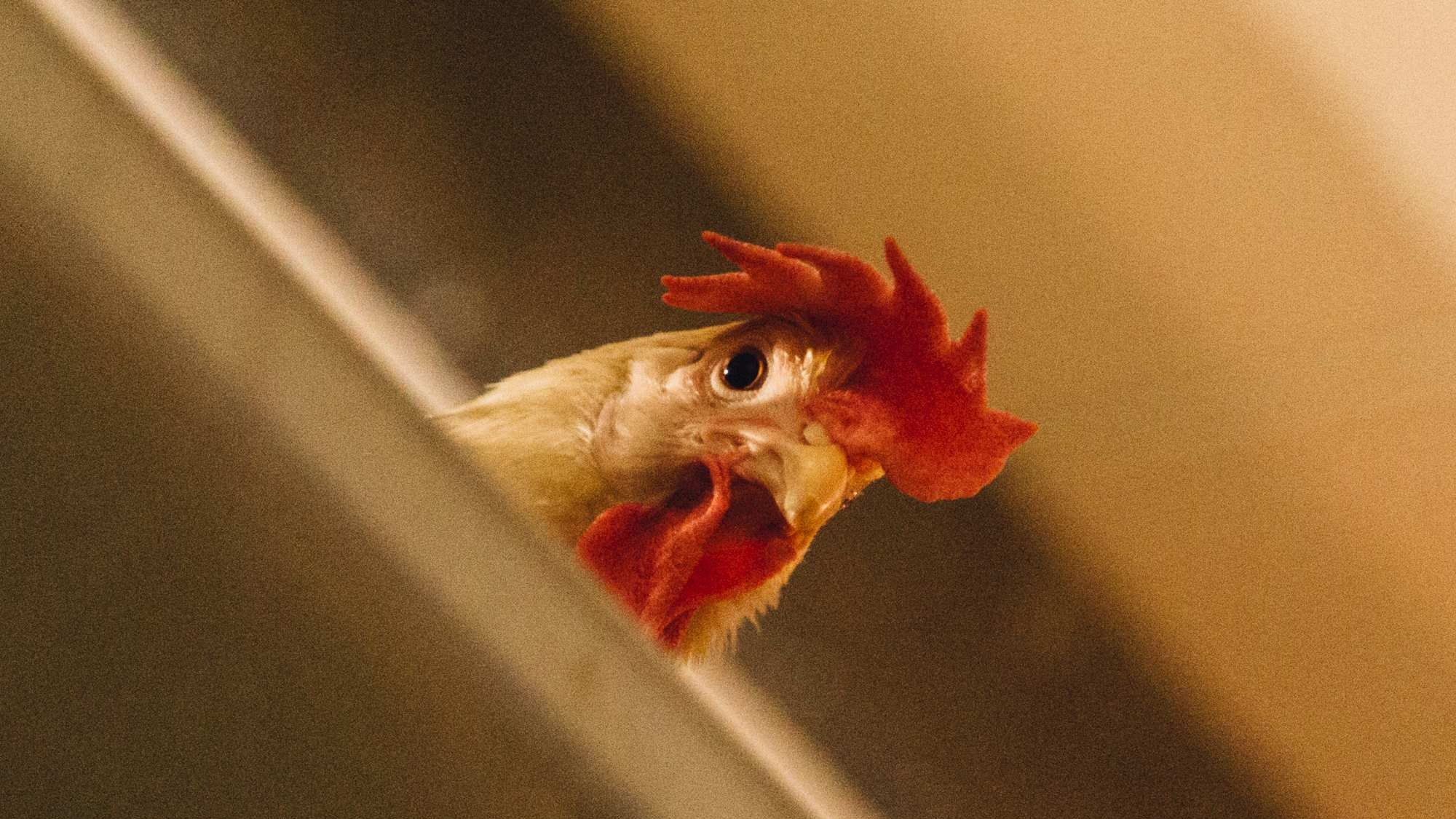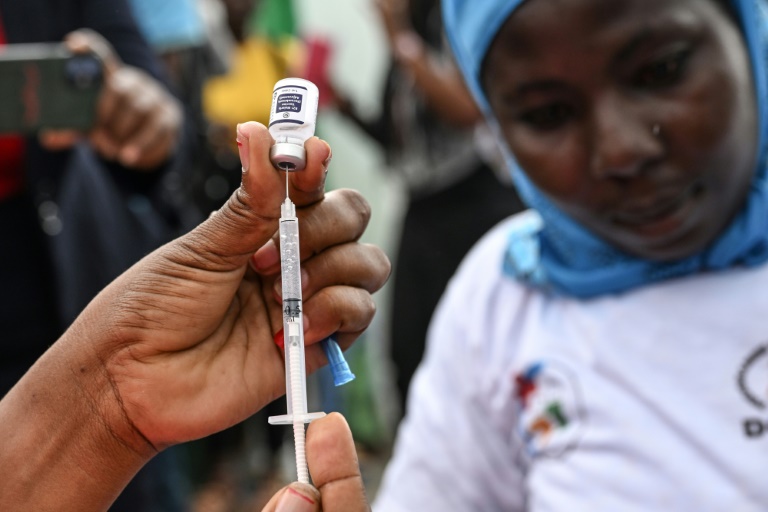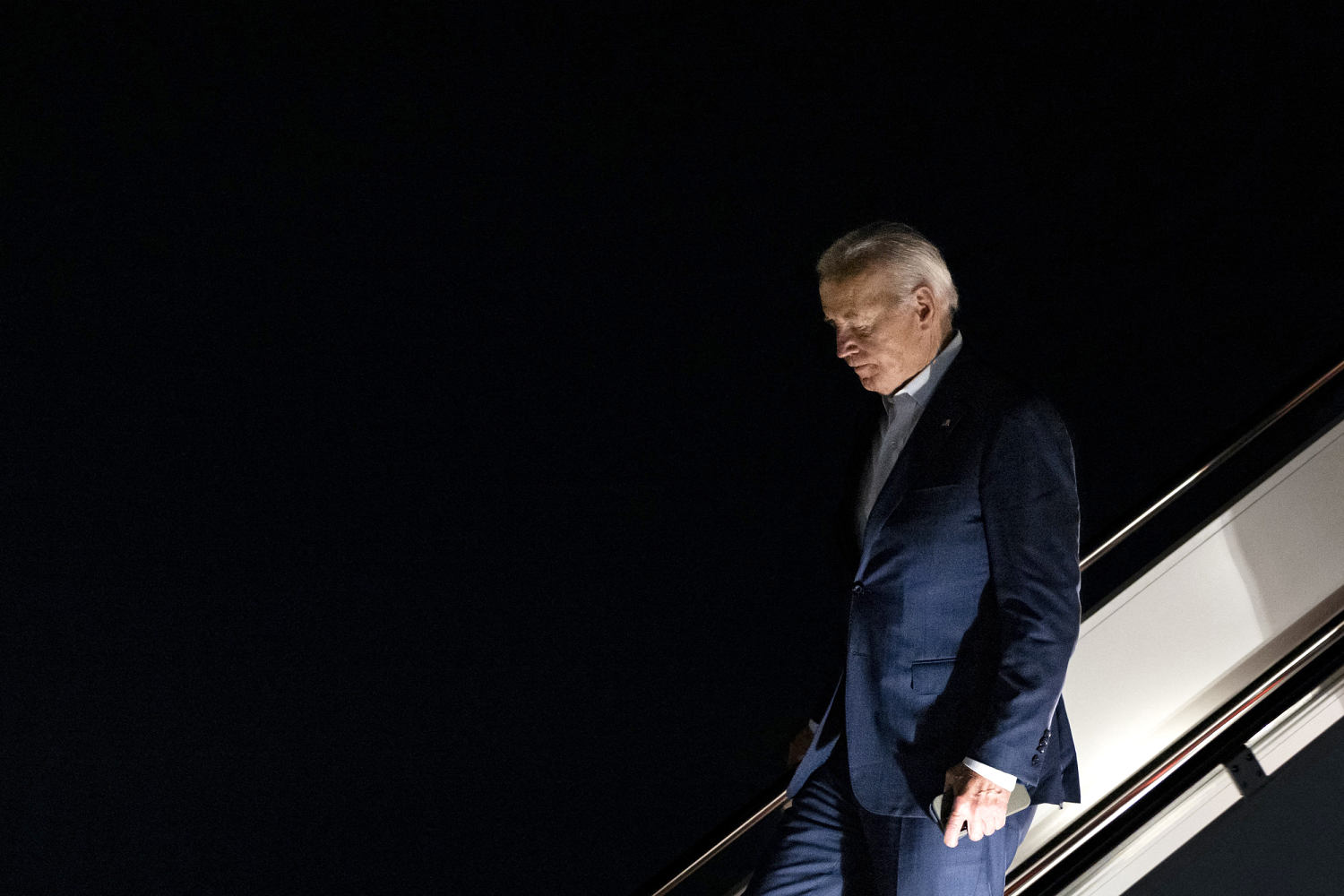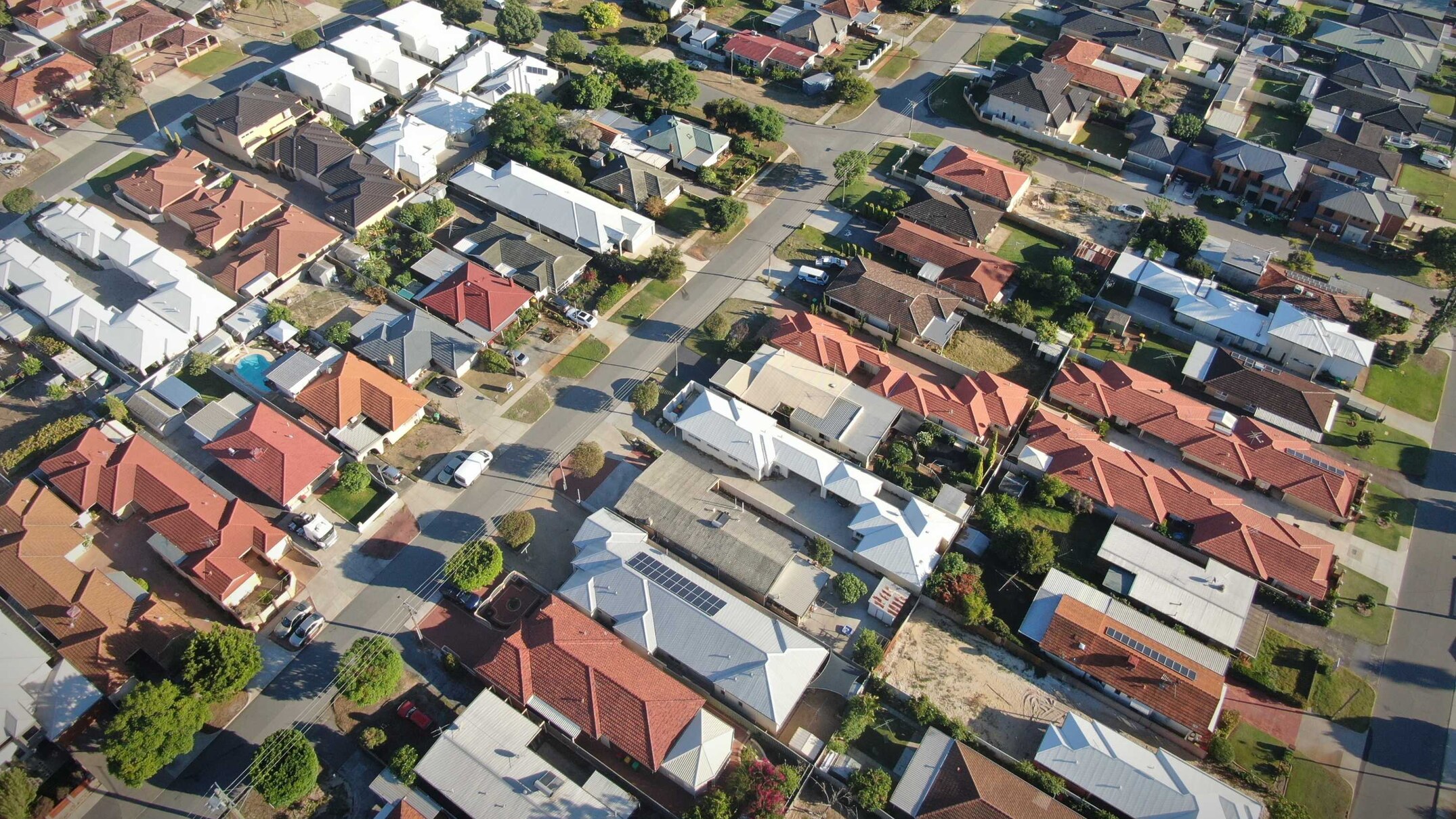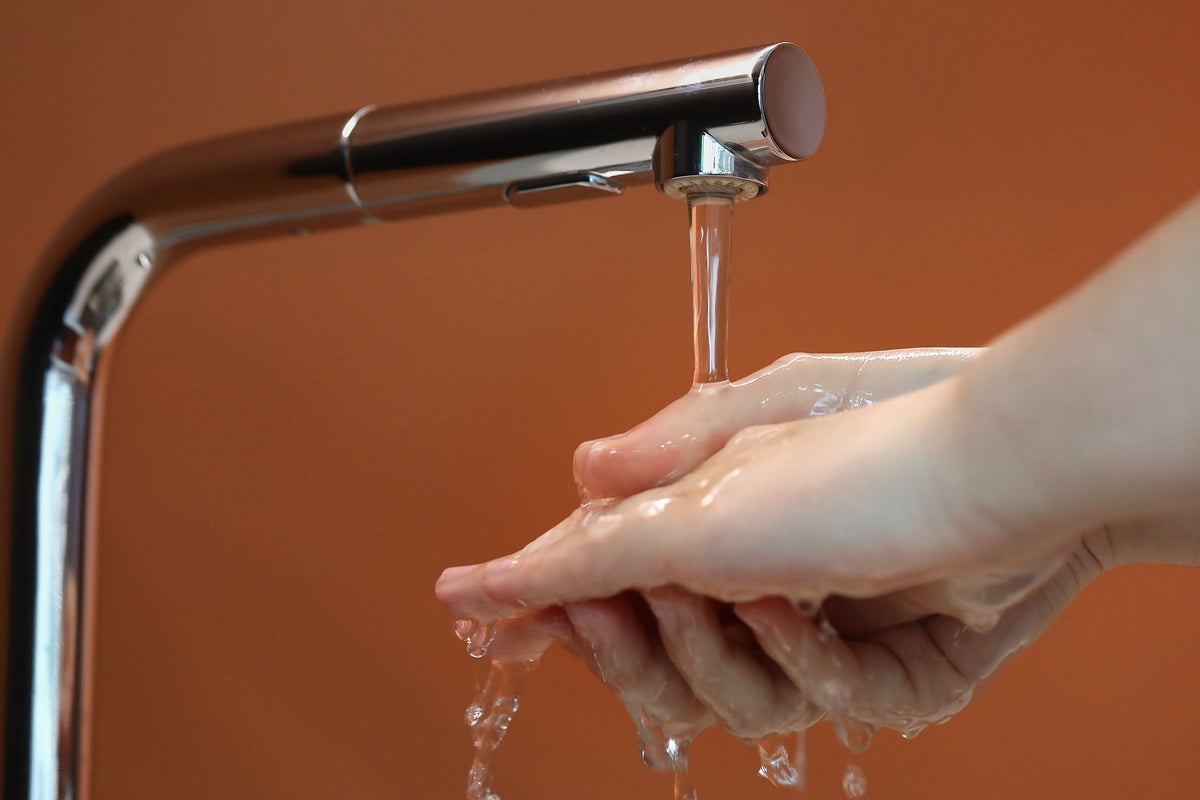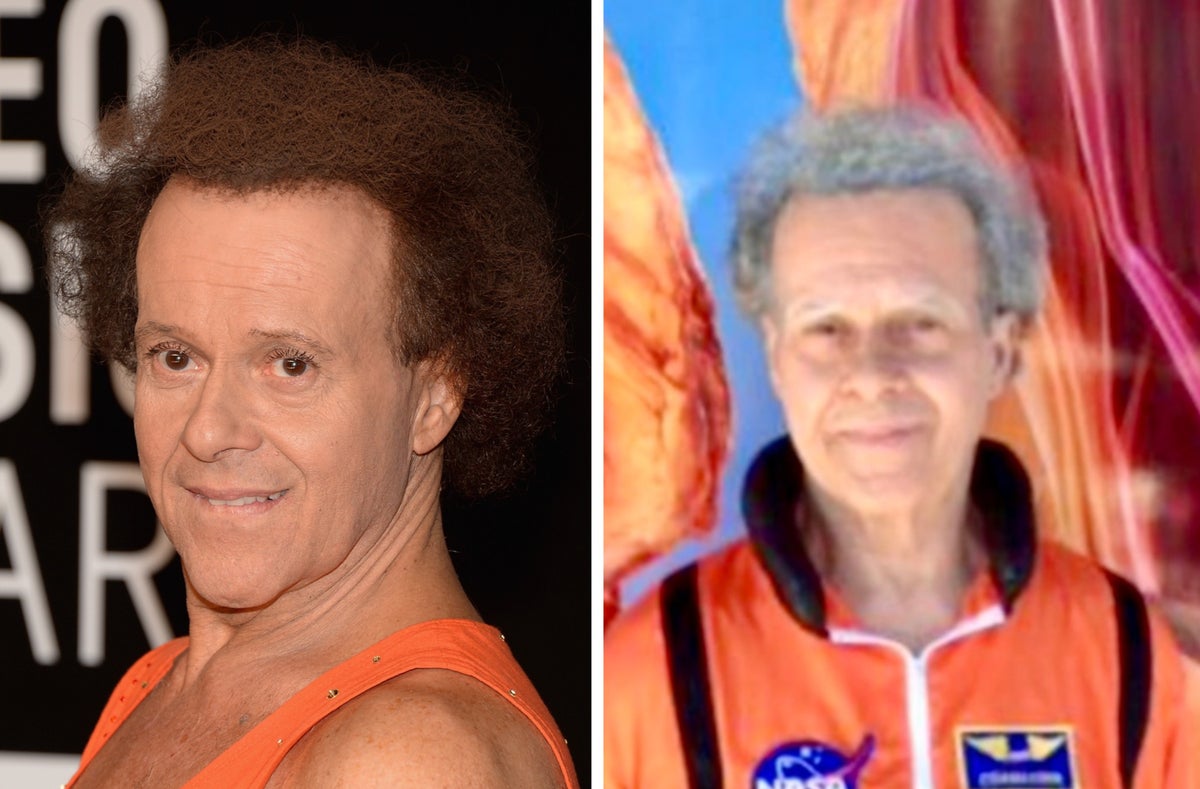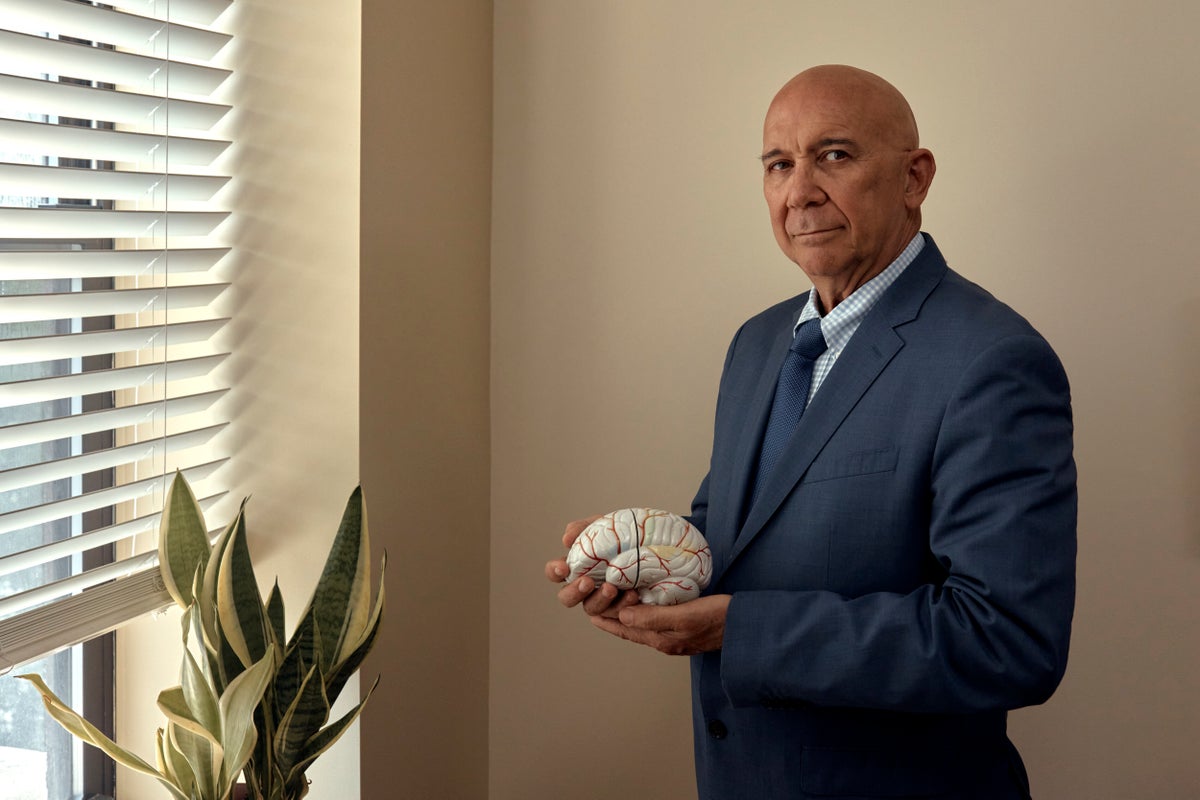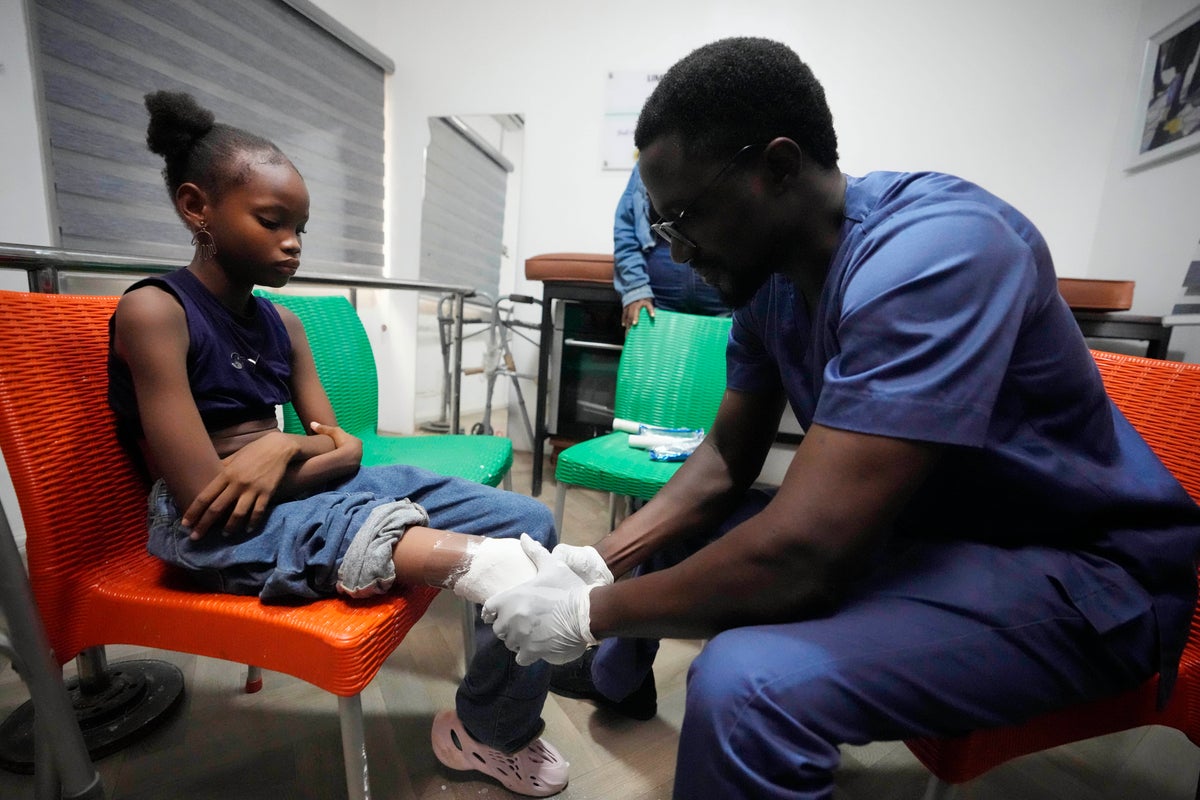
NIGERIAN GROUP PROVIDES HUNDREDS OF PROSTHETIC LIMBS TO AMPUTEE CHILDREN THANKS TO CROWDFUNDING
The accident that broke 10-year-old Princess Igbinosa's right leg could have crushed her dreams of becoming a model in a country where not many can afford prosthetics to cope with life and fight social stigma.
“It was heartbreaking when they told us they had to amputate it (the leg)," her mother, Esther Igbinosa, said of Princess's experience in 2020. "During the first few months of her amputation … I just wake up and start crying. I was like, how is she going to cope with life with an amputated leg?”
But Princess can now walk and her dreams are alive again, thanks to an artificial leg that matches the tone of her skin. The prosthesis came from the IREDE Foundation, a Nigerian group that provides children like her with free artificial limbs that normally cost $2,000 to $3,000.
“My dream is to become a model," Princess said. "When the accident happened, I thought I couldn’t become a model. But now that I have two legs, I can become whatever I want — model, doctor, whatever.”
Founded in 2012 in Nigeria's economic hub of Lagos, IREDE has provided more than 500 artificial limbs at no cost in addition to psychosocial support to children like Princess, said its executive director, Crystal Chigbu. She said the group gets up to 70% of its funding from crowdsourcing.
Chigbu said her inspiration to start the foundation came from her daughter’s experience with being born with limb deformity.
The child amputees the foundation has helped can “do things that they would never have imagined that they would do,” said Chigbu.
While there is no verifiable data on how many Nigerians are living with amputated limbs, IREDE is one of several groups providing such services amid a great need.
It is a huge source of relief in Nigeria where people with disabilities struggle with stigma and limb replacements make them more accepted in their communities, said Dr. Olasode Isreal-Akinmokun, an orthopedic surgeon.
“We have limbs that function almost as perfectly as the limbs that have been lost,” he said.
In addition to providing artificial limbs to children, Chigbu said, IREDE is also educating people about limb loss to deter stigma and it encourages support groups among parents of affected children.
“We come from a culture of people just saying (that) when you have a disability it is either taboo or people just look down on you. We are ensuring that whether it is in the school or even when they find themselves in the workplace as they grow, that people accept them and know that they have their abilities,” she said.
___
Asadu reported from Abuja, Nigeria.
From news to politics, travel to sport, culture to climate – The Independent has a host of free newsletters to suit your interests. To find the stories you want to read, and more, in your inbox, click here.
2024-01-13T05:20:00Z dg43tfdfdgfd
